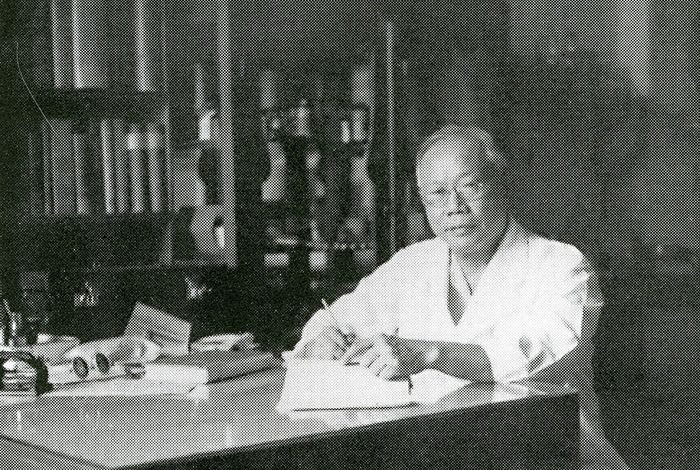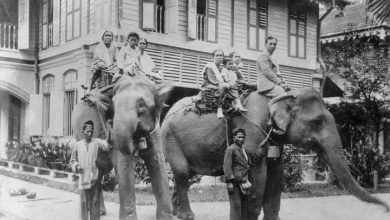Dr Wu Lien Teh


Dr Wu Lien Teh was born in Penang in March 1879, educated at Penang Free School and Cambridge University and is well known as the first Malayan to be nominated for the Nobel Prize in Medicine in 1935. He was known worldwide as the “Plague Fighter” for the groundbreaking work he did in Manchuria.
According to the National Centre for Biotechnology Information (NCBI) it was Dr Wu who identified the cause of a deadly epidemic that broke out in 1910 that killed more than 60,000 lives in the first four months in Manchouli, a border town in North Eastern China. In the first post-mortem ever conducted in China, Dr Wu identified ‘Yersinia Pestis’ in the body tissues of a Japanese woman who had succumbed to the epidemic and identified her death as due to pneumonic plague, transmitted by human breath or sputum (a saliva/phlegm mix from the lungs).
His diagnosis was not welcomed by his colleagues who did not believe his findings, which were contrary to their understanding that the disease could only be spread by rats or fleas. Indeed, one particular critic, Dr Mesny, a prominent French doctor, simply refused to accept Dr Wu’s diagnosis and wear a protective gauze mask. He died of pneumonic plague several days later, a victim of the epidemic. His death greatly shocked the international community. Dr Wu’s findings were soon accepted internationally.
In the early days in Penang, Dr Wu played a major role in the community, both in the medical fields where he worked on that dreadful disease, Beri-Beri and as a public figure willing to comment on public issues affecting the population. He was the founder and vice-president of the Penang Anti-Opium Association in 1906.
Sent to Harbin, China in 1910 to investigate the epidemic, he remained in China until 1937, only returning to Malaya and Ipoh after his home in Shanghai was destroyed during the Japanese invasion of China. Here, he started a small practice at 12 Brewster Road, where he provided free medical treatment for the poor; gave his support to the Perak Chinese Amateur Dramatic Association and the Ipoh library project (now the Tun Razak Library). He practised medicine until the age of 80 when he retired and moved to Penang. He passed away on January 21, 1960, aged 81 and he is remembered with a road bearing his name in Ipoh Garden South.
Source: IpohWorld, Wikipedia, NCBI


